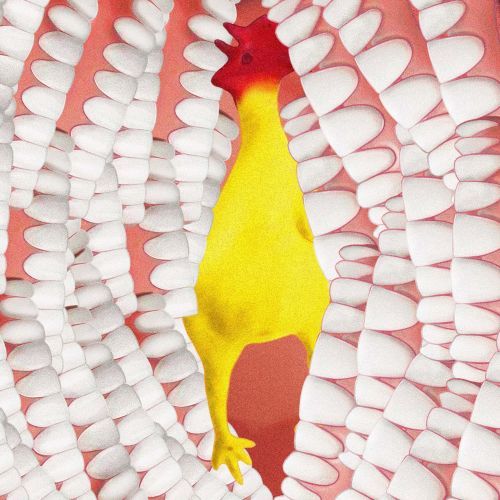Economic situation of Ghana, Nigeria and South Africa
Despite the worst financial crisis in decades, the Ghanaian authorities want to organise the African Games in March 2024 for over 5,000 athletes from 55 countries. In April 2023, inflation in Ghana was around 40%, and food prices rose by almost 60%. The government could not pay its debts, so the International Monetary Fund (IMF) gave Ghana $3 billion in loans. Meanwhile, over €186 million has already been invested in the African Games project, and in September 2024, Ghana is also expected to host the first African Paralympic Games.
According to experts from Absa Group Limited, the economy of South Africa is facing problems related to i.a. the likely increase in the current account deficit of the balance of payments and the deteriorating conditions of the country’s international exchange from the global perspective. Moreover, the disastrous state of infrastructure, from electricity shortages to railway failures, is not improving, and it will continue to limit export growth.
Nigeria extracts, and exports oil, but oil revenues are declining due to theft of the raw material and less and less foreign investment. In addition, the country has no refining industry and must import refined petroleum products. That’s why the government has abolished decades-old fuel subsidies: $9.5 billion in 2022 – much more than education, healthcare and infrastructure combined. The money saved in this way is intended to help the authorities, i.a., eradicate poverty. However, economic difficulties and increased transport and commodity prices followed the Nigerian government’s decision.























